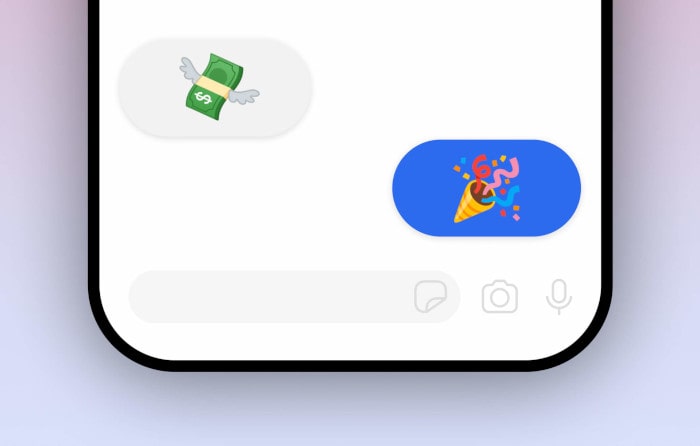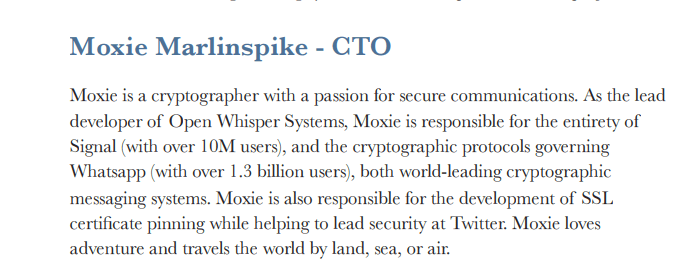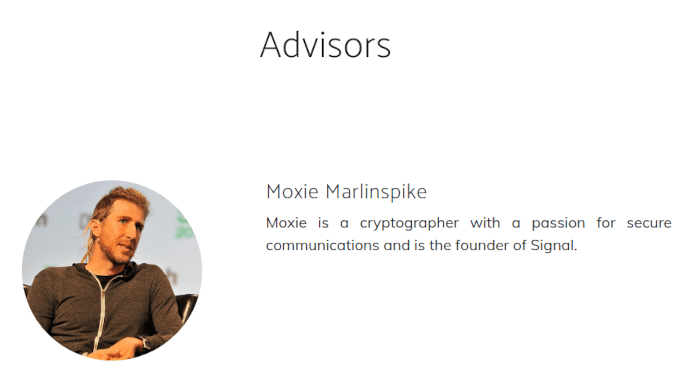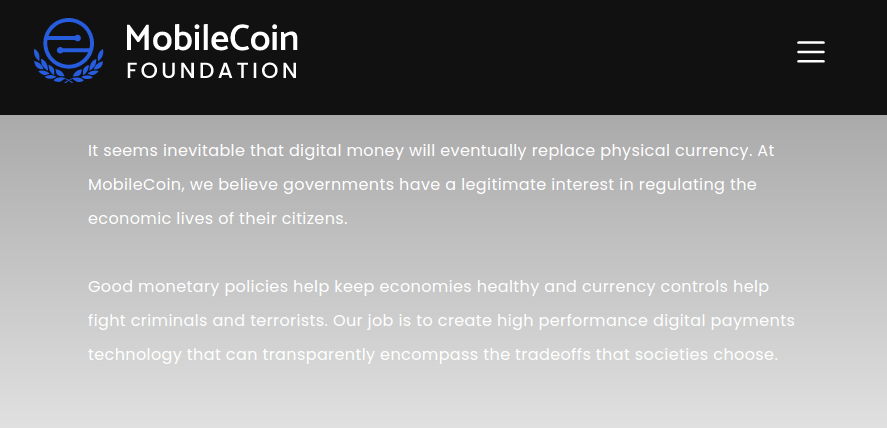Signal's Cryptocurrency Integration Seems Suspicious
Signal has partnered with a cryptocurrency that believes the government has a role in regulating private transactions between citizens.
In a blog post published on April 6, Signal announced that its users will soon be able to send and receive payments “as easily as sending or receiving a message.” Right now, this feature–called Signal Payments–is limited to users of the Signal beta in the United Kingdom.
A demo of Signal's payment integration | Signal.org
We want payments in Signal to be fast, private, and work well on mobile devices. The first payments protocol we’ve added support for is a privacy focused payments network called MobileCoin, which has its own currency, MOB.
Signal Payments makes it easy to link a MobileCoin wallet to Signal so you can start sending funds to friends and family, receive funds from them, keep track of your balance, and review your transaction history with a simple interface. As always, our goal is to keep your data in your hands rather than ours; MobileCoin’s design means Signal does not have access to your balance, full transaction history, or funds. You can also transfer your funds at any time if you want to switch to another app or service.
Moxie Marlinspike, the creator of Signal, is listed as the CTO of MobileCoin in the final version of the MobileCoin whitepaper.
The MobileCoin website listed Marlinspike as a board member until recently.
There are reasons Marlinspike might want distance between himself and MobileCoin.
MobileCoin, as pointed out by the Monero maintainer Riccardo Spagni @fluffypony on Twitter, is not opposed to the government regulating private transactions. MobileCoin does not attempt to hide this. From the front page of the foundation’s website (emphasis added):
It seems inevitable that digital money will eventually replace physical currency. At MobileCoin, we believe governments have a legitimate interest in regulating the economic lives of their citizens.
Good monetary policies help keep economies healthy and currency controls help fight criminals and terrorists. Our job is to create high performance digital payments technology that can transparently encompass the tradeoffs that societies choose.
Spagni also calls MobileCoin “literally Moxie’s project,” arguing that Signal shares this ideology. Indeed, it is difficult to see Moxie believing in government regulation and censorship for one project fighting against it for another. As an anarchist who naturally opposes an authoritarian state, Moxie wrote that surveillance in the name of fighting terror caused him “to spend more time attempting to develop solutions for secure communication.”
And, in a blog post about hiding things from the state, Marlinspike wrote, “The cornerstone of liberal democracy is the notion that free speech allows us to create a marketplace of ideas, from which we can use the political process to collectively choose the society we want.”
Avoiding state-sponsored intervention in personal communication was one of Signal’s explicit goals. “In an environment of increasingly pervasive surveillance, we want to make it as easy as possible for anyone to be able to organize and communicate securely.”
MobileCoin and Signal have beliefs that are impossible to rectify. At a time where widespread financial censorship occurs to political dissidents everywhere, including in the United States, this is hardly the time to endorse government regulation. Hopefully I am wrong about the partnership between Signal and MobileCoin.


